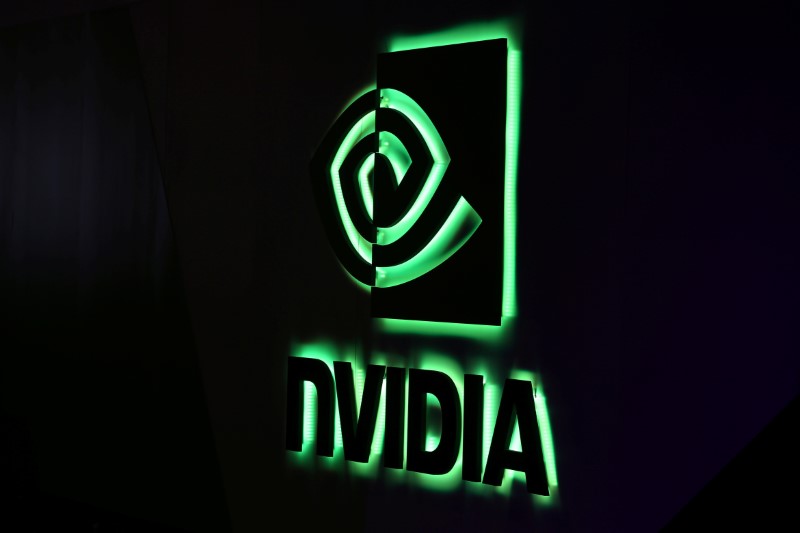Proactive Investors - Nvidia (NASDAQ:NVDA) Corp’s volatile nature was on full display when its share price fell nearly 10% before the closing bell on Tuesday.
It meant a record $270 billion was stripped from the artificial intelligence microchip maker’s market value- that's more than the entire market capitalisation of Britain’s largest company AstraZeneca PLC (LON:AZN).
Nvidia proceeded to fall another 2.42% in after-hours trading, reflecting concerns over the health of the US economy and additional concerns of an AI bubble.
Megacap US tech stocks fell across the board, with the Nasdaq 100 index closing 3.15% lower. Futures contracts have the Nasdaq opening in the red again today.
Susannah Streeter, head of money and markets at Hargreaves Lansdown (LON:HRGV), stated: “There could be an element of post-labour day holiday blues at work, but it appears concerns were prompted by weaker-than-expected US manufacturing data, highlighting the ongoing damage wrought on orders and output by high interest rates.
“These were prompted by much weaker than expected US manufacturing data, highlighting the ongoing damage wrought on orders and output by high interest rates.
“A significant loss of power in the US economy, combined with China’s ongoing struggles, has sparked nervousness about the global growth outlook.”
Nvidia’s share price was already under strain following last week’s second-quarter earnings update, which served to highlight the unsustainable demands the Street has on artificial intelligence-powered sales growth.
Nvidia is high beta
Nvidia is comparatively ‘high beta’ (beta is a measurement of how volatile a stock is to movements in the market) compared to its Magnificent Seven counterparts.
According to Yahoo Finance, Nvidia’s beta score on a monthly basis over the past five years is 1.67.
In comparison, Amazon’s beta is 1.15; Alphabet (NASDAQ:GOOGL) 1.01; Meta 1.21; Apple (NASDAQ:AAPL) 1.24; and Microsoft (NASDAQ:MSFT) 0.9. Only Tesla Inc (NASDAQ:TSLA) is more volatile than Nvidia, with a beta of 2.29.
